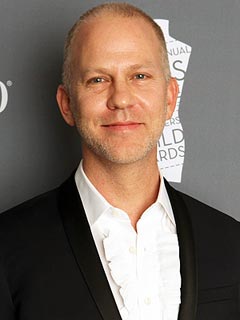Iran’s president on Thursday dismissed his health minister, the only woman to serve in the cabinet since the 1979 Islamic revolution, after she publicly criticized the government’s response to acute shortages of medicine imports, an indirect consequence of the Western sanctions imposed on the country.
Accounts in the state-run news media of the dismissal of the minister, Marzieh Vahid-Dastjerdi, did not provide an explanation for it. Iran’s Press TV Web site said President Mahmoud Ahmadinejad had appointed a caretaker health minister, Mohammad Hassan Tariqat-Monfared, and had told him in a presidential decree that the reduction of people’s health care expenses was among “the main priorities of this important ministry.”
Dr. Vahid-Dastjerdi, a gynecologist, was appointed in 2009 and is considered an advocate of women’s rights in Iranian society. She spoke out last month, apparently angering the president, by saying that an allocation in the budget of foreign currency needed to purchase medicines abroad was inadequate.
“I have heard that luxury cars have been imported with subsidized dollars, but I don’t know what happened to the dollars that were supposed to be allocated for importing medicine,” Dr. Vahid-Dastjerdi said on state television, according to a translation of her remarks reported by Reuters.
Absent such an allocation, she said, it was necessary to impose a large increase in the price of medicines, which would add to the inflationary pressures already afflicting the economy because of a plunge in value this year of the Iranian currency, the rial. Mr. Ahmadinejad opposed the price increase.
Many economists have attributed the rial’s depreciation to Iran’s increased isolation, a consequence of the penalties imposed by the United States and European Union to pressure Iran to stop enriching uranium for its disputed nuclear energy program. Some of Mr. Ahmadinejad’s critics in Iran have also blamed the currency problems on what they call his economic mismanagement.
The medicine shortage in Iran has become an urgent problem because many Western-made drugs are increasingly hard to obtain. Under the sanctions, a broad Western ban on many financial transactions with Iran has dissuaded many foreign companies from doing business with the country, even though medicines are among items exempted from the sanctions.
Recently, the president of the Iranian Academy of Medical Sciences, Seyed Alireza Marandi, bitterly complained about the medical impact of the sanctions in a letter to Ban Ki-moon, the United Nations secretary general. Dr. Marandi called the sanctions brutal measures that had increased mortality rates “as a result of the unavailability of essential drugs and shortages of medical supplies and equipment,” according to a report by the Fars News Agency.










